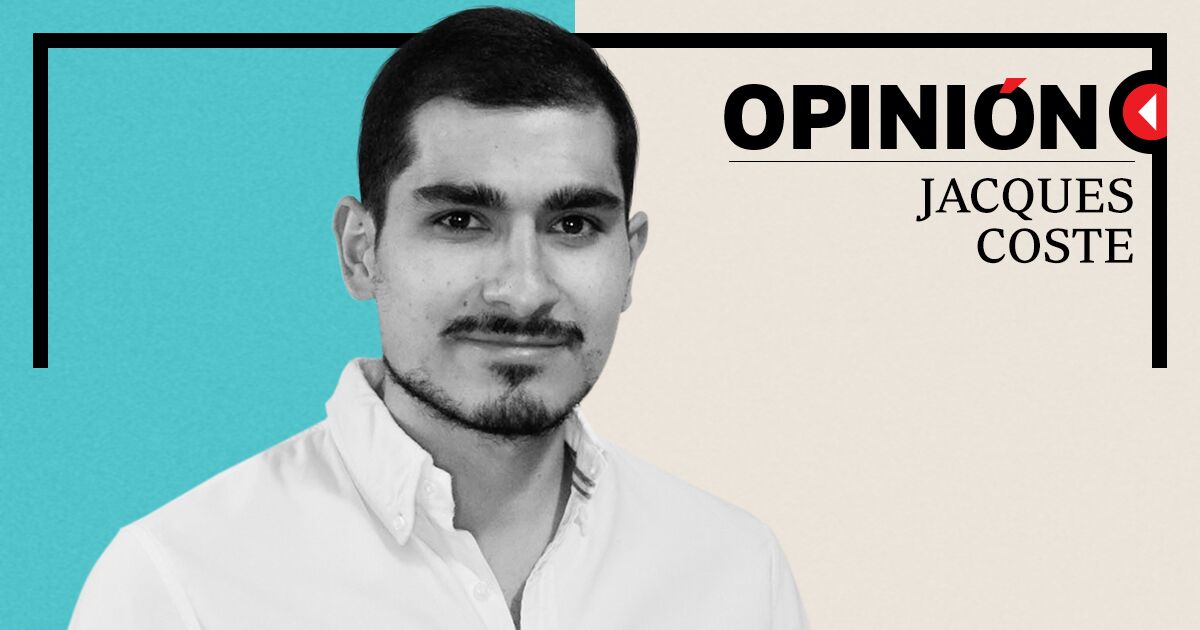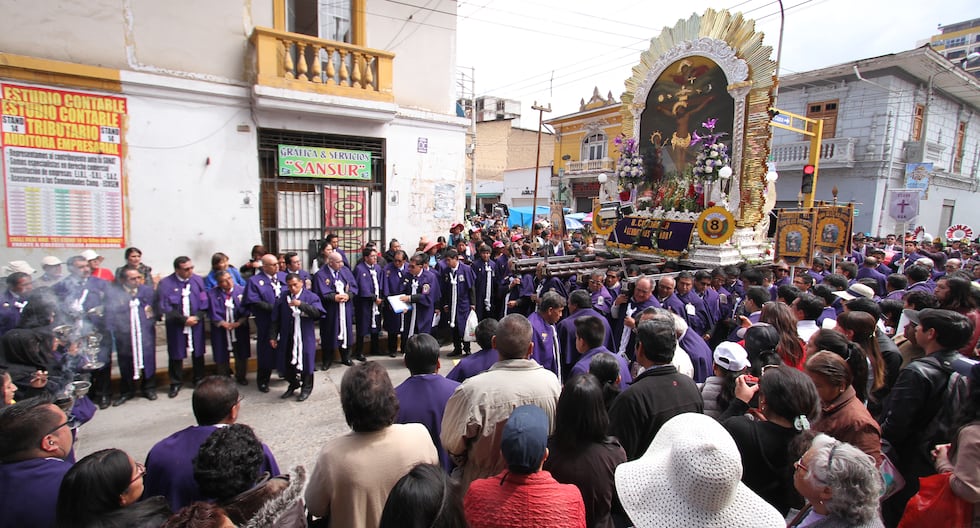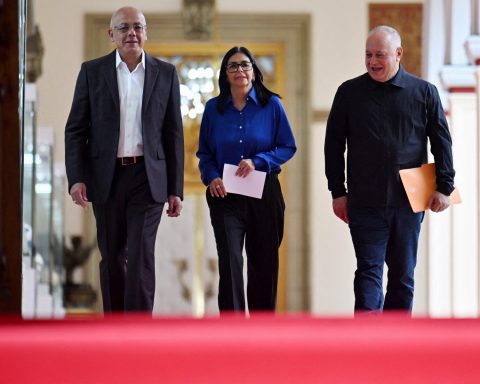It seems to me that López Obrador’s government did not mean a profound change in the configuration of Mexico’s political economy. On the contrary, the former president maintained the main features of Mexican neoliberalism: an export vocation of the national economy, a little interventionist State without industrial policy, a strong link with the US economy (through the T-MEC, but also through remittances ), social programs that do not seek to reduce inequality but rather to manage and alleviate poverty, an orthodox and conservative economic-fiscal policy, and a very poor level of revenue collection. In short, there was no fundamental change in the productive matrix of Mexico nor a substantial transformation of the relationship between the different factors of production or between them and the State.
Of course, there were some important adjustments, especially the constant increase in the minimum wage, which went from 102 pesos in 2019 to 248 pesos per day in 2024, an increase of more than 100%. In addition, the government promoted other improvements for workers, such as the Decent Vacations Law and the Silla Law. However, it is worth clarifying that many of these Labor initiatives emerged from the Citizen Movement, although Morena ended up appropriating and supporting them. Anyway, the important thing is that there was a significant improvement for the working class and a modest empowerment of labor over capital.
I say modest empowerment because I do not observe a government that promotes unionism and supports it. The López Obrador and Sheinbaum discourse empowers an abstract political subject called “the people,” composed mainly of the popular classes of Mexico, but does not empower the working class as a working class: that is, the workers over the owners of capital. Furthermore, by not offering quality public services, but rather cash, the social policy of López Obrador and Sheinbaum does not imply a substantive (although relative) improvement in the quality of life of working class people.
Regarding the government’s relationship with big business, López Obrador sought to make clear who was in charge from the beginning of his government with the cancellation of the Texcoco airport, through the suspension of Constellation Brands’ investment in Mexicali and through the reinforcement the collection of taxes from large taxpayers and the reduction of tax forgiveness and evasion.
However, at the same time, the president maintained a close relationship with several of the Mexican oligarchs. Sheinbaum has shown signs that he will follow a similar path: sending messages from government power to the business community, but simultaneously attracting important members of the national private sector to the ruling coalition and not seeking any type of redistributive policy.
The result of this position of AMLO and Sheinbaum has been ambivalent. On the one hand, it has produced a tense and confusing relationship between businessmen and the government, along with a discursive empowerment of the State vis-à-vis capital. On the other hand, however, in the material realm, the long-standing great oligarchs continue to increase their fortunes and benefit from their close relationship with the government.
I quote at length from a note by Expansion in this regard: “During the six years of AMLO’s government, the wealth of the five richest billionaires in Mexico grew twice as much as that of their Latin American peers, according to a Bloomberg ranking. Figures like Carlos Slim and Germán Larrea have seen an exponential increase in their fortunes. And, in fact, the two wealthiest people in the country have seen their wealth grow by more than $79 billion, according to said index, between December 2018 and March 2024.”

















